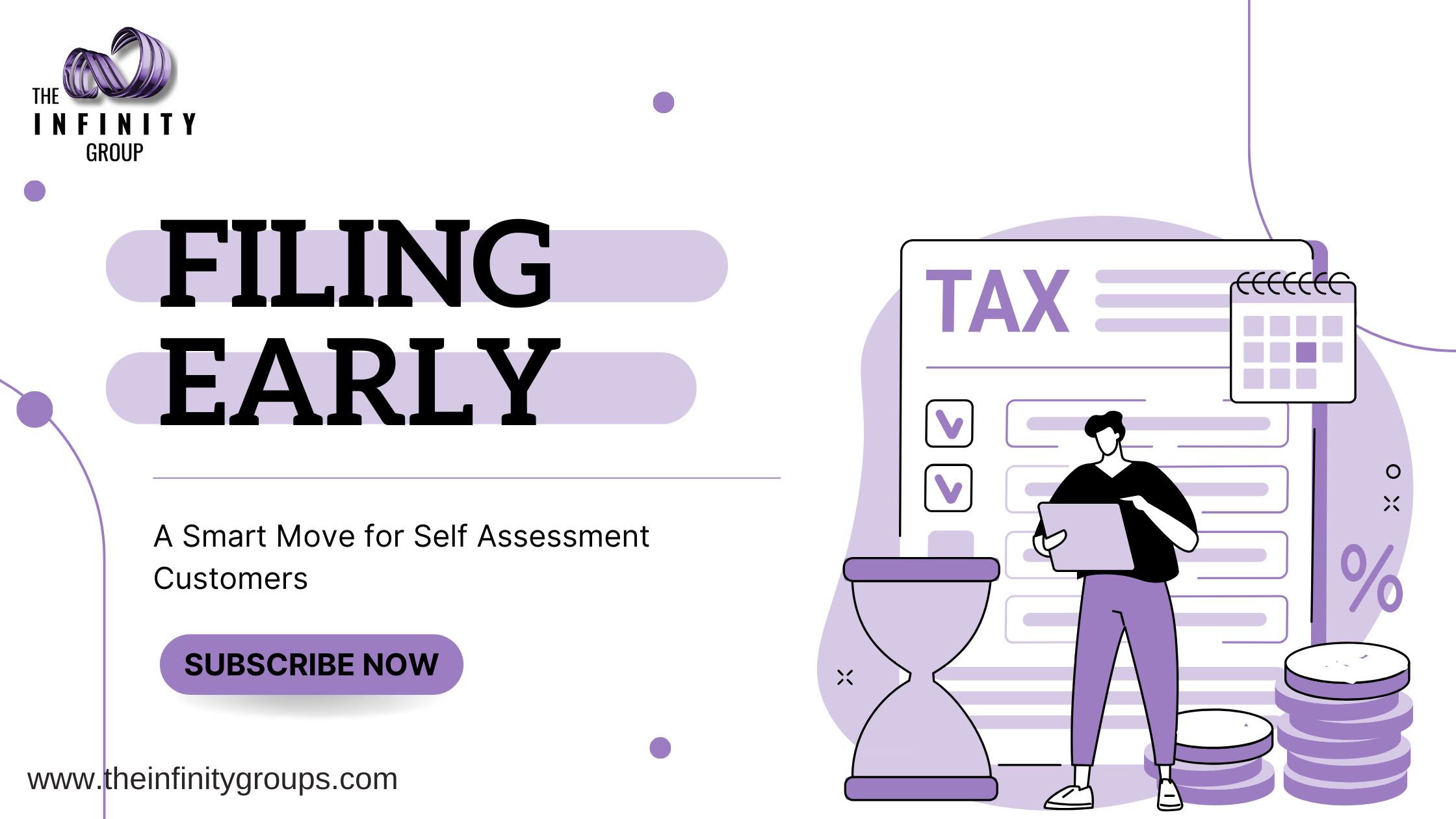300,000 File Tax Returns in the First Week of the Tax Year
HM Revenue and Customs (HMRC) has revealed that nearly 300,000 Self Assessment customers filed their tax returns in the first week of the new tax year, significantly ahead of the deadline. This trend demonstrates the growing awareness of the benefits of early filing among taxpayers.
Early Filing Benefits
Customers can file their Self Assessment returns for the 2023 to 2024 tax year between 6 April 2024 and 31 January 2025. Remarkably, almost 70,000 individuals filed their returns on the opening day, 6 April. HMRC encourages this proactive approach, urging people to file early to avoid the January rush.
Filing tax returns early allows individuals to complete their returns accurately and at their own pace, reducing the stress of last-minute filing. Additionally, early filing helps with budgeting and managing the cost of the tax bill. Customers can set up a budget payment plan to make weekly or monthly direct debit payments towards their next Self Assessment tax bill. Refunds of overpaid tax will be processed swiftly, and customers can check their refund status through the HMRC app.
Rising Trend in Early Filings
In recent years, more customers have opted to file their tax returns early. Last year, over 246,000 people submitted their Self Assessment between 6 and 12 April 2023. Myrtle Lloyd, HMRC’s Director General for Customer Services, highlighted that early filing allows people to focus more on growing their businesses and enjoying their activities, rather than worrying about tax returns.
Who Needs to File a Self Assessment Return?
For the 2023 to 2024 tax year, individuals may need to complete a tax return and pay any tax owed if:
- They are self-employed with an income over £1,000.
- They have received untaxed income over £2,500.
- They are renting out one or more properties.
- They claim Child Benefit and have an income above £50,000.
- They are a partner in a partnership.
- Their taxable income from savings and investments exceeds £10,000.
- Their taxable income from dividends exceeds £10,000.
- They have paid Capital Gains Tax on assets sold for a profit above the Capital Gains threshold.
Pensioners must pay Income Tax on any taxable income, including their pension income, above their Personal Allowance threshold. Depending on their circumstances, pensioners can pay tax through Self Assessment, PAYE tax code, or via Simple Assessment. Simple Assessment is produced by HMRC using existing information, requiring no action from the taxpayer.
Keeping HMRC Updated
It is crucial for customers to inform HMRC of any changes in their details or circumstances, such as a new address or name, or if they are no longer self-employed. Customers should not assume that someone else will update HMRC on their behalf. If Self Assessment is no longer required, customers must notify HMRC. Helpful videos on YouTube explain how to stop Self Assessment.
Infinity Group: Your CIS Payroll Solution
At Infinity Group, we understand the complexities of managing payroll and tax compliance, especially for those in the construction industry. As a CIS payroll service provider, we are committed to helping businesses streamline their payroll processes and ensure compliance with HMRC regulations. By partnering with us, you can focus on growing your business while we handle the intricacies of payroll and tax filings.
Stay Updated with Infinity Group
For more insights and updates on tax compliance and payroll solutions, follow The Infinity Group. Let us help you navigate the complexities of tax season with ease and efficiency.

